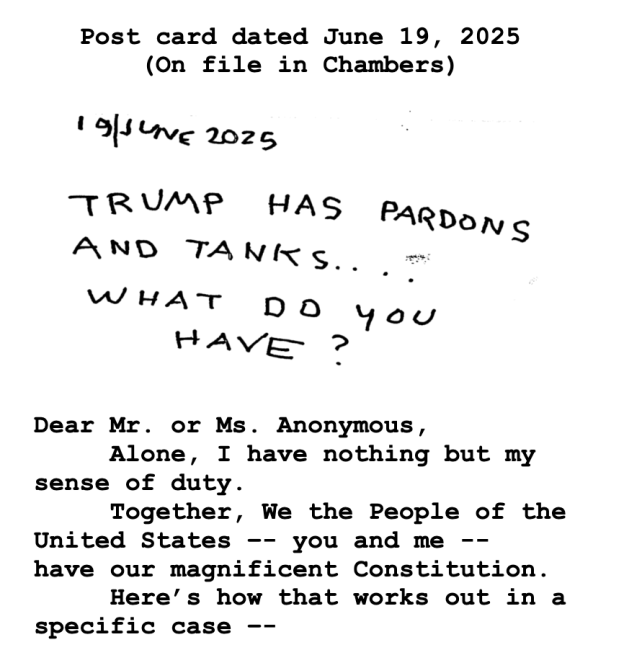- Facebook14
- LinkedIn2
- Threads1
- Bluesky1
- Total 18
On Sunday, I met with about 65 students at An-Najah National University in Nablus, the West Bank. For about two hours (until our time ran out), they asked me questions about how to pursue graduate education in North America or Europe. Our conversation helped me see that our system must seem mysterious and may be misleading. Here are some points that I found myself making which might be worth sharing with others. …
Generally, you should apply to a graduate program and seek financial aid, which can mean free tuition plus a stipend for a teaching or research assistantship. You should aim not to pay for a graduate degree in the social sciences, humanities, or natural sciences. An admission offer without a financial package is probably not desirable.
You could apply for scholarships in your field that can be used at any institution, but those are extremely competitive. You are much more likely to get support from the university where you enroll, and you should apply for admission even if you know that you couldn’t afford the tuition. You should expect a conversation/negotiation about financial aid.
If you aspire to a PhD, you should apply to a PhD program and receive an MA along the way. In general, you should not seek an MA in your field before applying for a PhD.
You should view MA programs with some skepticism unless they offer substantial financial aid. Professional masters degrees, such as MBAs and MPHs, may make more sense economically, since they can make you more competitive for desirable jobs. But even those require a careful cost/benefit analysis.
Yes, you can wait until after you have graduated with a BA to apply for graduate school. In fact, many programs prefer candidates who have several years of work experience. (This may be less true in the liberal arts than in fields like public policy and law.)
A lengthy graduate program is not worth the years of your life unless you think that you would enjoy those years. But graduate school can be a good experience if the topic interests you, the financial package is manageable, and you would like to live in the community where the university is located. If you pursue a graduate degree just for the outcome, the program should be brief and/or clearly profitable, which may be the case for an MD or a PhD in engineering.
Speaking of “where the university is located,” the USA is a big and diverse country. For anyone, pursuing graduate school will be a different experience if that means living in New York City versus a small Southern college town. For a Palestinian, the difference may be even more important (which is not to say that NYC would obviously be better).
To differentiate yourself from other applicants with equally good grades and scores, you need some depth of knowledge and experience on a particular topic. Your experience may be academic (for instance, a research project), or applied, or both. If you’re at an early stage and you don’t have this kind of depth, a first step is to find a mentor in your own university or community. By the way, you will need references, and mentors can provide letters.
Your application essay should reflect your personality and the admissions criteria of the specific program to which you are applying. That said, if you need a generic template for an essay, consider addressing these three questions: 1) What have you done so far in this field? 2) What do you want to learn in graduate school? 3) What do you want to do with what you’ve learned?
If you want to collaborate remotely with an American academic, don’t email and say you want to do research. Send an email that demonstrates specific understanding of the recipient’s own research and propose new research that would contribute to that person’s agenda.
We also talked a bit about visas and the climate for Palestinians in the USA, but I have focused this blog post on admissions and financial aid because I feel better informed about those issues, and my thoughts might apply to people from other countries.
